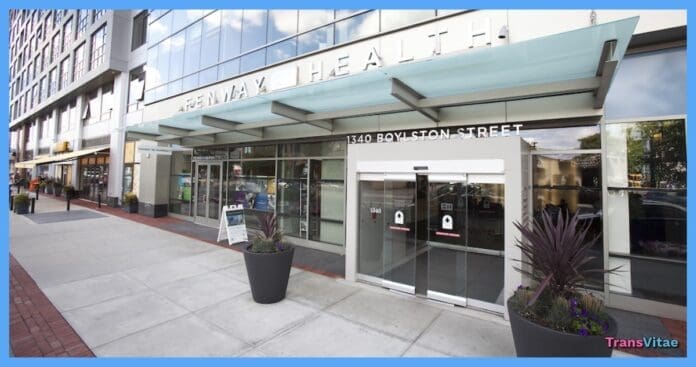In a move that has rippled through the trans community, Boston-area health provider Fenway Health announced earlier this week that it will cease offering hormone therapy and puberty-blocker treatments for patients under the age of 19. While publicly framed as a compliance decision tied to federal funding, the change is already sparking deep concern among transgender youth, their families, and advocates.
Fenway Health operates as a Federally Qualified Health Center (FQHC), meaning it receives federal support and is required to meet certain regulatory standards. According to the clinic’s communication with patients, federal guidance from the Health Resources and Services Administration (HRSA) signaled that providing medical gender-affirming care to adolescents is no longer compatible with its FQHC status.
In a letter to its young patients and families, Fenway explained, “We recognize how stressful and disruptive this is for you and your families.” The clinic added that it will assist in connecting affected patients to other care providers, though it stressed that the change was necessary “in order to remain compliant, sustainable, and able to provide healthcare, support, and services to all our patients and the community.”
The reaction from the community has been swift and emotional. Many parents and youth express feelings of betrayal and uncertainty. One mother whose 16-year-old daughter moved to Boston specifically for trans-affirming care said the announcement reignited a familiar fear: having to uproot life again or feeling cut off entirely. Nina Selvaggio of the local chapter of PFLAG said this feels like yet “another blow” to a community already navigating instability in access to care.
Critically, Fenway emphasized the decision does not apply to adults and said existing treatments will continue. It affects only patients under 19 seeking hormones or puberty blockers. The practical impact means trans youth who were in active treatment must now transition care to a different provider, and new minor patients will be unable to begin medical gender-affirming interventions at Fenway.
The timing is notable. In recent weeks, federal directives have increasingly tied FQHC funding to narrowing definitions of what constitutes allowable gender-affirming care for minors. In Massachusetts and beyond, many youth and families look to clinics like Fenway as a safe space. This shift undermines that expectation.
For trans youth and their families in Massachusetts or any U.S. state where care access is already constrained, the message is clear and concerning: even well-established providers can be forced into decisions that limit access, not because of clinical evidence but because of policy and funding dynamics. The ripple effect may be larger than Boston.
What comes next? Advocacy groups are mobilizing to ensure referrals, continuity of care, and state-level protections remain strong. Legislators may face pressure to fill gaps left by federally constrained providers. For now, the community must lean on each other and ecosystems of support to ensure that trans youth are not left behind.


